
Peter Tosh, a Jamaican reggae musician and activist who played a pivotal role in popularizing the genre and advocating for social justice. ✊
Peter Tosh, born Winston Hubert McIntosh on October 19, 1944, in Grange Hill, Jamaica, emerged as a key figure in the reggae music scene alongside Bob Marley and Bunny Wailer. Growing up in poverty, Tosh used music as an outlet to express his frustrations with the social and political climate of Jamaica.
In the early 1960s, Tosh formed a band called The Wailers with childhood friend Bob Marley and Bunny Wailer. The group initially gained popularity with their blend of ska and rocksteady, influenced by American rhythm and blues. However, it was their transition to reggae in the late 1960s that propelled them to international recognition.
Tosh’s contribution to The Wailers cannot be overstated. He not only played guitar but also served as a co-songwriter and vocalist, adding his distinctive voice and powerful lyrics to the group’s music. Tosh’s songs often explored themes of liberation, spirituality, and the struggles faced by the marginalized.
However, Tosh’s desire for artistic independence and recognition led him to pursue a solo career in the early 1970s. He released his debut album, “Legalize It,” in 1976, which quickly became a classic in the reggae genre. The title track, advocating for the decriminalization of marijuana, became an anthem for the pro-legalization movement.
Tosh continued to release critically acclaimed albums throughout his solo career. “Equal Rights” (1977) and “Bush Doctor” (1978) cemented his reputation as a socially conscious musician, addressing issues of racial equality, political corruption, and the fight against oppression. His powerful and rebellious anthem, “Get Up, Stand Up,” co-written with Bob Marley, became an iconic protest song advocating for individual rights and resistance to injustice.
Aside from his musical endeavors, Tosh was an outspoken advocate for human rights and social justice. He was a vocal critic of political systems that perpetuated inequality and actively fought against the oppression of the Rastafarian community in Jamaica. Tosh’s activism often landed him in trouble with authorities, leading to frequent arrests and incidents of police brutality.
Tragically, on September 11, 1987, Tosh’s life was cut short when he was fatally shot during a home invasion. His untimely death shook the reggae community and robbed the world of a passionate advocate for change.

However, Peter Tosh’s legacy and impact continue to resonate long after his passing. His musical contributions and dedication to social justice have left an indelible mark on the reggae genre. Tosh’s songs, including “Legalize It,” “Equal Rights,” “Stepping Razor,” and “Johnny B. Goode,” remain beloved classics and are still played and celebrated by fans worldwide.
In recognition of his contribution to music and activism, Peter Tosh was posthumously awarded the Order of Merit, Jamaica’s third-highest honor, in 2012. His music continues to inspire and empower generations of musicians and activists, keeping his message of equality, justice, and libera
tion alive.



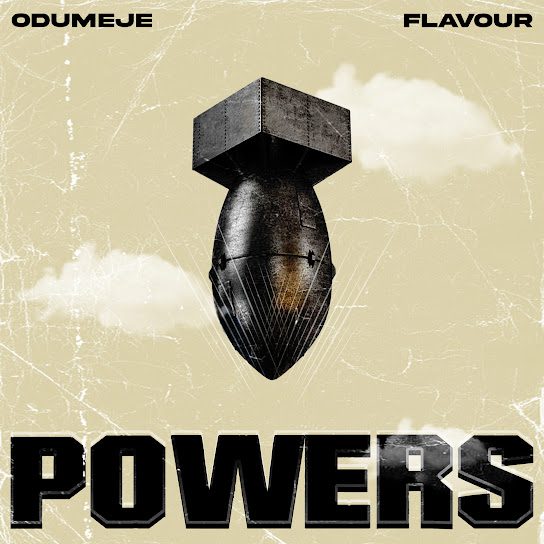
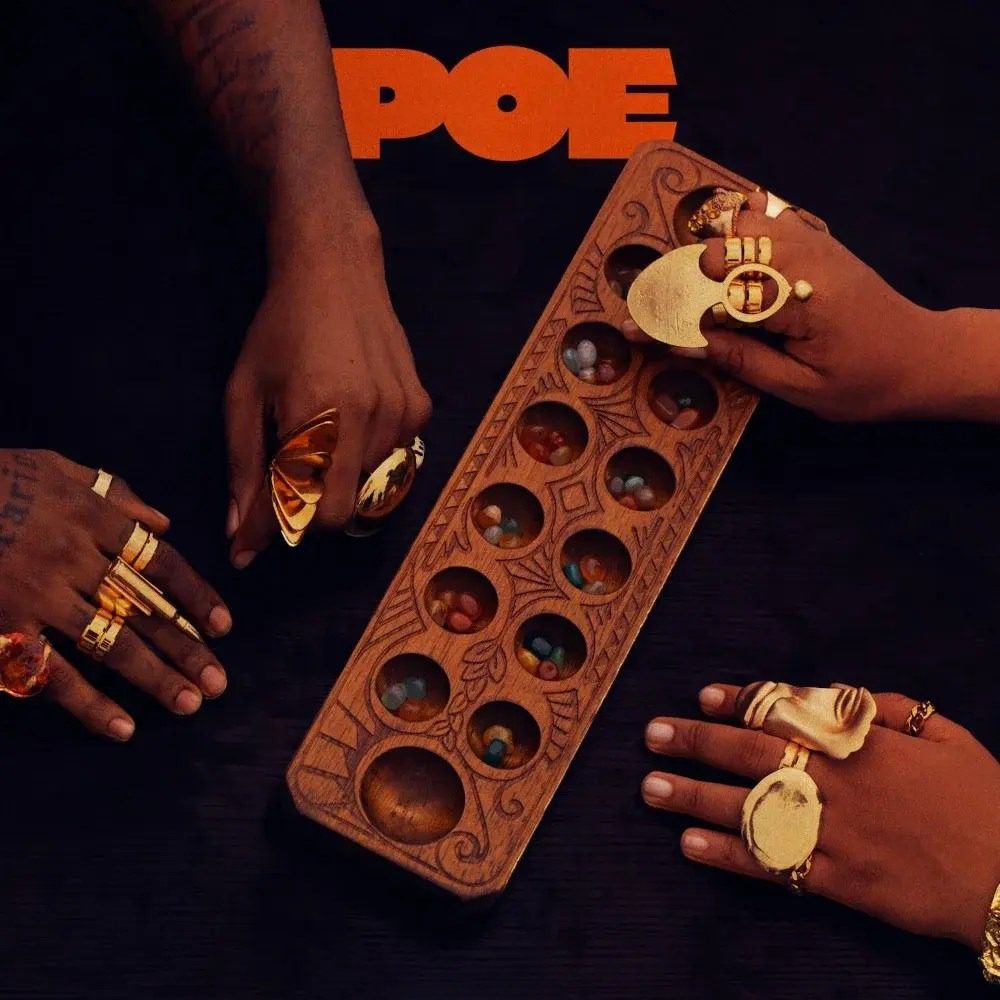
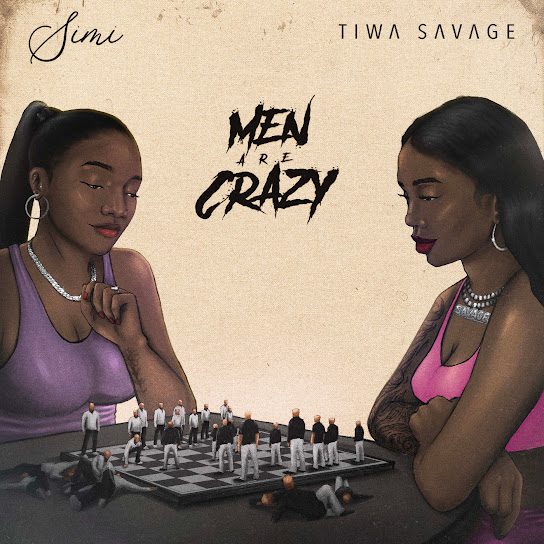
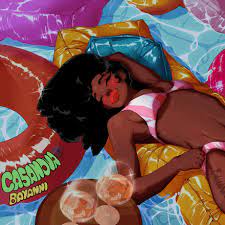
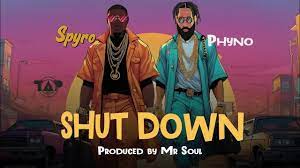

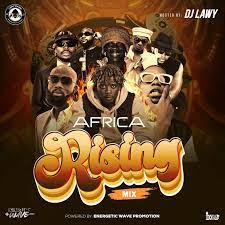
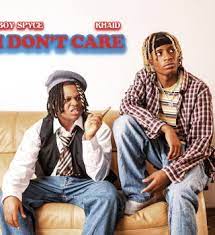














0 comment